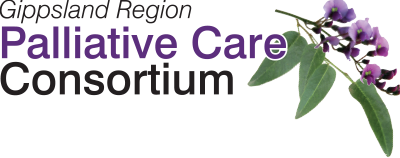
Clients & Carers
“Palliative care is an approach that improves the quality of life of patients and their families facing the problems associated with life-threatening illness, through the prevention and relief of suffering by means of early identification and impeccable assessment and treatment of pain and other problems, physical, psychosocial and spiritual.” - World Health Organization Definition of Palliative Care.
Palliative care may be appropriate even in the early stages of a life-limiting illness when someone is having active treatment. It is about supporting people to live well while they manage their illness. This care is not just about cancer. Palliative care can support people living with end-stage heart, lung, renal and liver disease, advanced dementia and Motor Neurone Disease.
A carer is someone who provides care and support for a person (parent, partner, sibling, child, or friend) who has a disability, is frail, aged, or who has an acute or chronic mental or physical illness. The intensity of the caring relationship can mean that carers experience significant grief that may challenge their sense of identity and purpose. Carers come from a range of ages, circumstances, social and cultural backgrounds. Some provide care for love, some out of obligation or duty, some for a few hours per day, some for every hour of the day
Information for Clients and Carers
-
Click here for Aboriginal and Torres Strait Islander Peoples resources.
-
Community palliative care services can provide written information about ‘using equipment’ and ‘symptom management’, which is individualised for the patient, and provided at an appropriate time. Ask your community palliative care service about these resources.
Click here for useful recourses and wesbites for carers
-
Click here for Culturally and Linguistically Diverse Communities resources.
-
Click here for Grief, Loss and Bereavement resources.
-
Click here for resources about Health Promotion in Palliative Care
-
Click here for resources for Volunteers.

